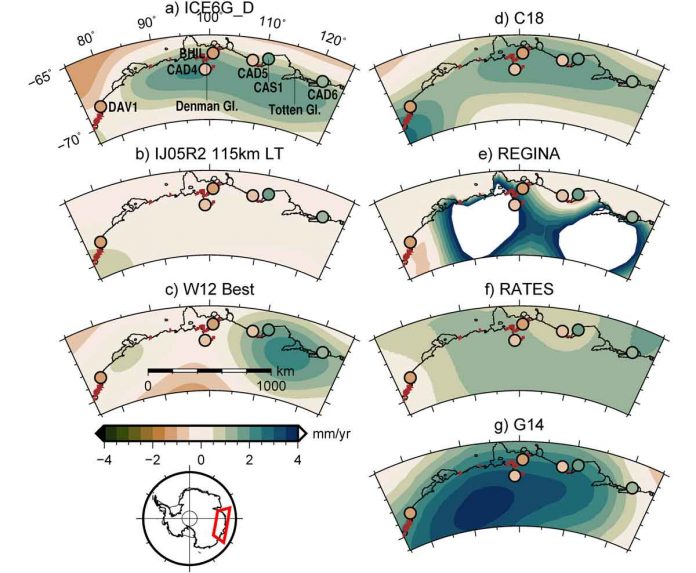Scientists are exploring a new method to uncover changes which occurs in the mysterious East Antarctica.
These changes will affect the lives of hundreds of millions of people across the planet.
Researchers from Australian Centre for Excellence in Antarctic Science are using global positioning system technologies to measure land movement across the icy continent.
Increasing sea-levels across the globe is just one direct impact of the changes happening in Antarctica. Investigations out of ACEAS will focus on understanding the Antarctic impacts on sea-level rise. In particular which areas communities and economies are affected and by how much.
Scientists places global positioning system sensors on previously unobserved rocky outcrops in Antarctica to measure their movement. This will help in separating the effects of the land going up or down from the lowering of land ice.
Scientists said these data alone can’t distinguish which parts of the measurements are due to either ice change or the land motion beneath, despite a vast array of satellite technology already measuring the most recent changes in Antarctica.
Scientists added one of the challenges is finding rock outcrops in the ice to put the GPS antennas on to measure the land.
ACEAS scientists are working on placing more GPS. They want to explore smarter ways to power them through dark Antarctic winters.
The study focuses on East Antarctica. It is a part of the world that is about the size of Australia. It includes the changing Totten and Denman glacier basins. It contains enough ice to raise sea levels by more than seven meters. But scientists are unsure if that change is long term or widespread. Scientists do not know whether it is growing, shrinking or simply doing nothing much.

